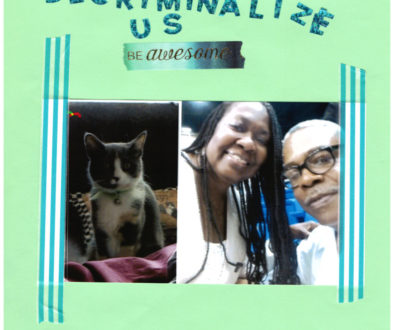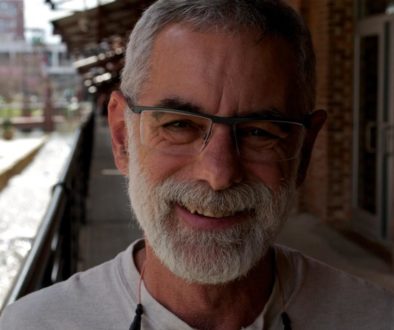
What is your name and where are you from?
My name is Michael E. Hodge. I’m originally from Hartford, Connecticut. I attended Wilberforce University in Ohio where I received a B.S. in education. I then moved to New York City where I attended the Culinary Institute of America, and now I own and operate my own fine dining catering company.
When did you join the ACTG?
2013
Why did you get involved with the ACTG, and what are some of the things you’ve done as a member?
I became involved with the ACTG when I was a member of the CUMC Community Advisory Board (CAB). In addition, to becoming the chair of the CAB, I also serve as the general CAB representative and current Community Scientific Sub-Committee (CSS) member. Learning to read and understand the various protocols is extremely rewarding, as well as intellectually stimulating.
Describe your community.
Underserved communities bear a disproportionate burden of HIV infection. New infections continue to occur at alarming rates especially, but not exclusively, among young MSM of color. The importance of testing and diagnosing infection cannot be underestimated since most new HIV cases are caused by those whose status is unknown. In my work at Columbia University Medical Center (CUMC), I have been instrumental in procuring community engagement by recruiting MSM and facilitating enrollment of transgender folks into HIV Vaccine Trials Network (HVTN) and ACTG studies.
What are the most important treatment issues to your community?
The most important treatment issues regarding HIV infection continue to be education, testing, prevention, and most certainly access to quality healthcare.
How do you want your work in the ACTG to be remembered?
I would like to be remembered as someone who was persistently caring, continuously responsible, and relentlessly involved until HIV is eradicated and my services are no longer needed.
What are your future hopes for the ACTG and HIV research?
My future hopes for the ACTG and HIV research will be to provide treatment for long-term survivors allowing them to live healthy productive lives.



